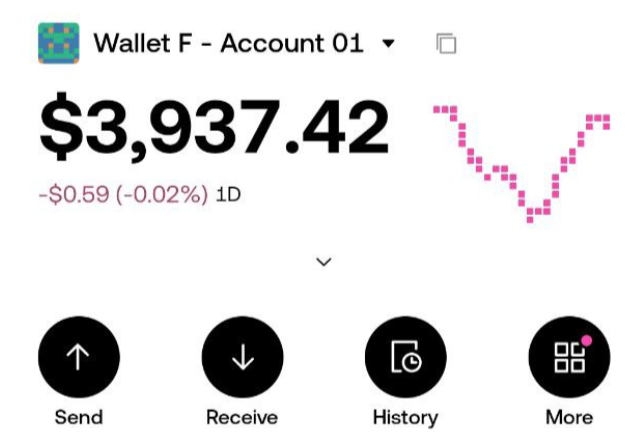Beware of the Latest Crypto Wallet Scam: How Hackers Use Smart Contracts to Steal Funds
If you own a YouTube channel, you’ve probably seen suspicious comments like:
“Here is my crypto passphrase, please help recover my funds! I need help sending it to Coinbase”
These messages seem like desperate cries for help, but they are actually part of a sophisticated scam. I recently had an encounter with this scheme and decided to investigate further. What I found was shocking.
The Setup: A Suspicious Offer on WhatsApp
Someone messaged me on WhatsApp claiming they wanted to sell an OKX Wallet used for DOGS airdrop. Strangely, they sent me their wallet passphrase without me even asking. That was my first red flag.
I tried calling them, but they didn’t pick up. I asked how they got my number, and they claimed it was from a WhatsApp group. However, when I checked their profile, we had no mutual groups. That made me even more suspicious.
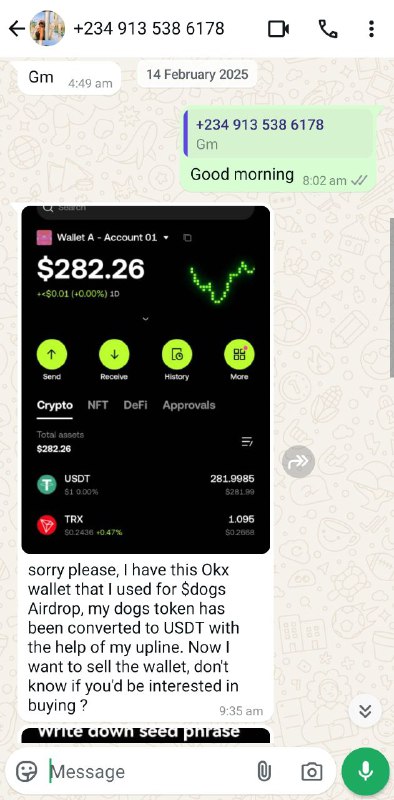
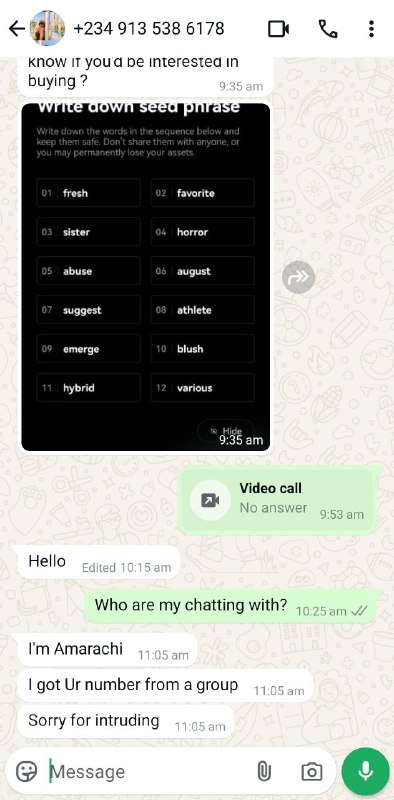
To test what was happening, I imported the passphrase into my crypto wallet. Surprisingly, the wallet contained $282 USDT. Intrigued, I decided to check similar passphrases that scammers had posted under my YouTube videos.
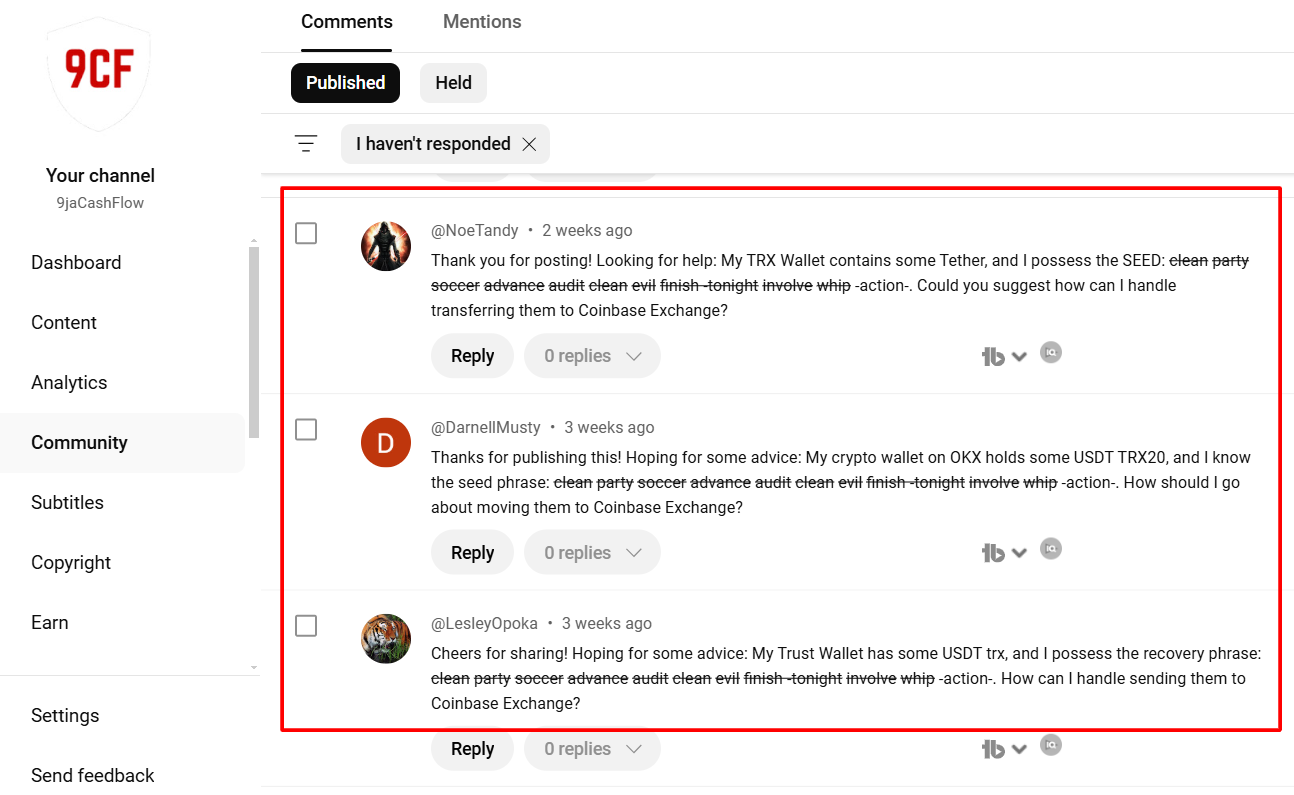


I imported two more wallets:
- One had $1067+ USDT
- Another had $3929+ USDT
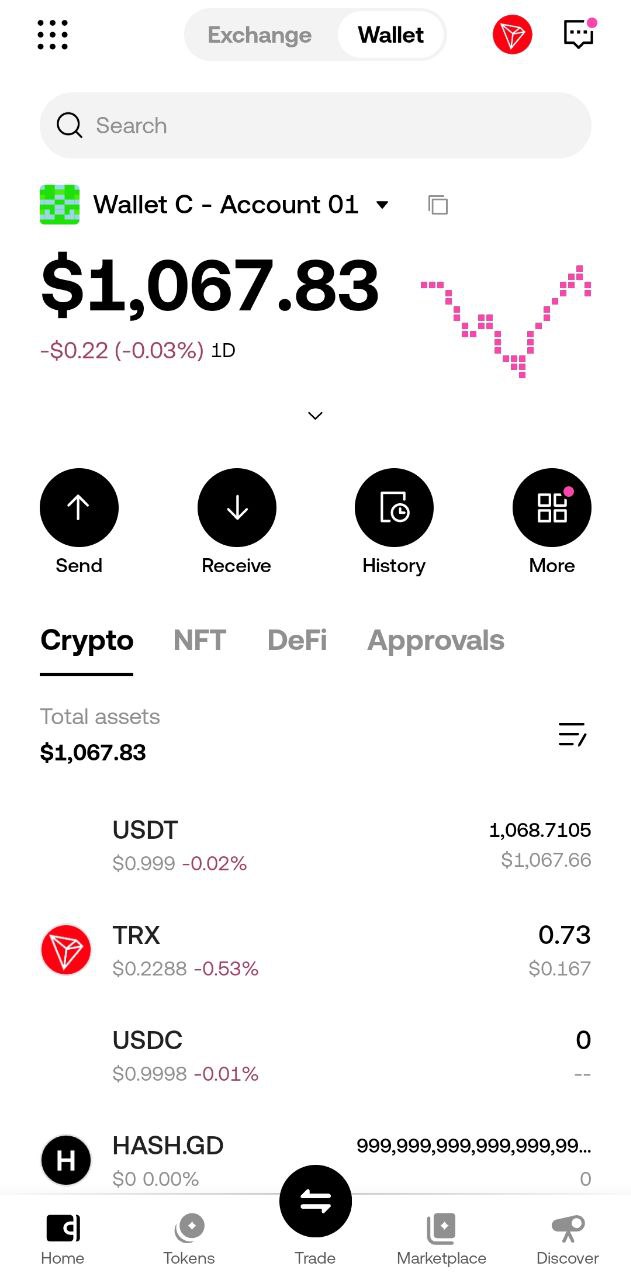
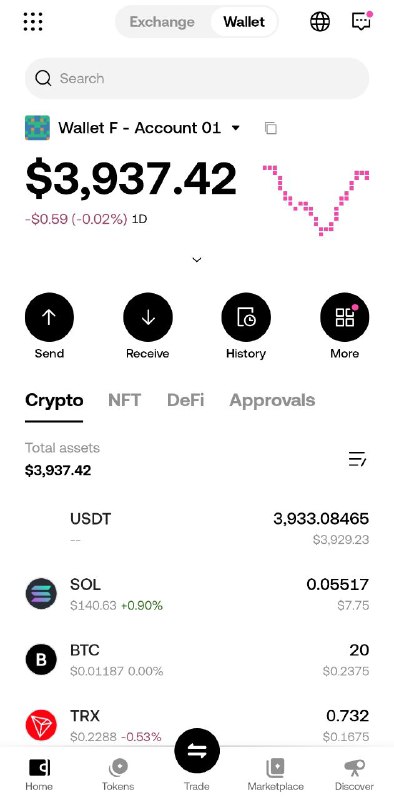
At this point, I knew something wasn’t right. But why were scammers openly sharing passphrases with random people?
The Trick: A Smart Contract Trap
After analyzing the wallets, I noticed they all had a small balance of 1 TRX (Tron) and a significant amount of USDT. However, the USDT couldn’t be sent out unless the wallet had at least 20 TRX to cover network fees.
Then I checked the transaction history of these wallets. That’s when I uncovered the trick:
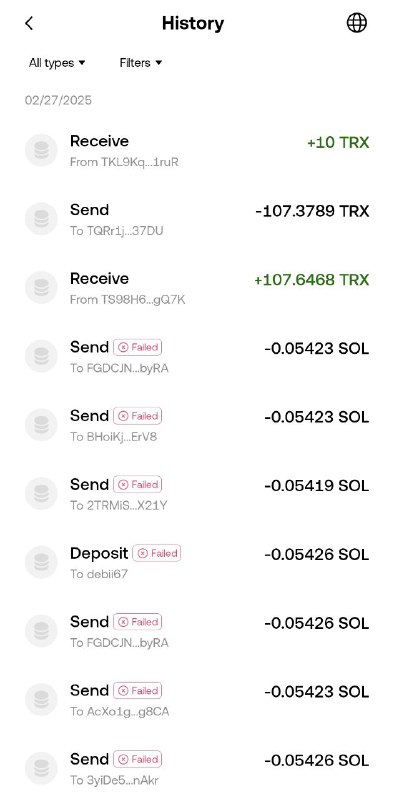
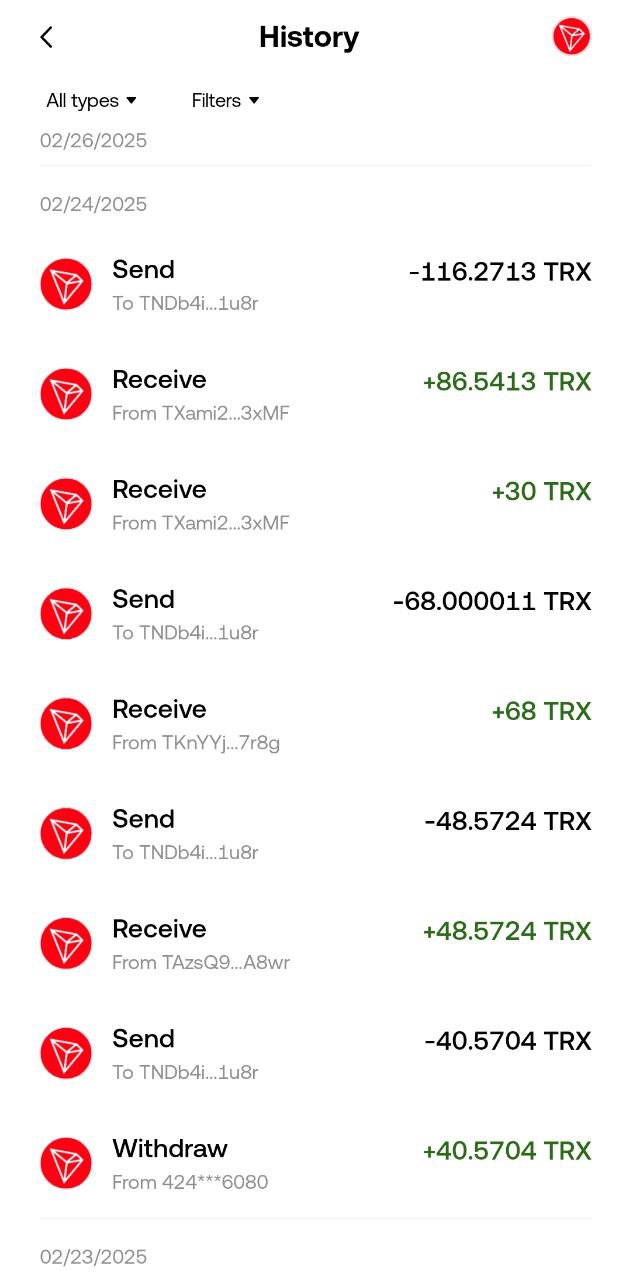
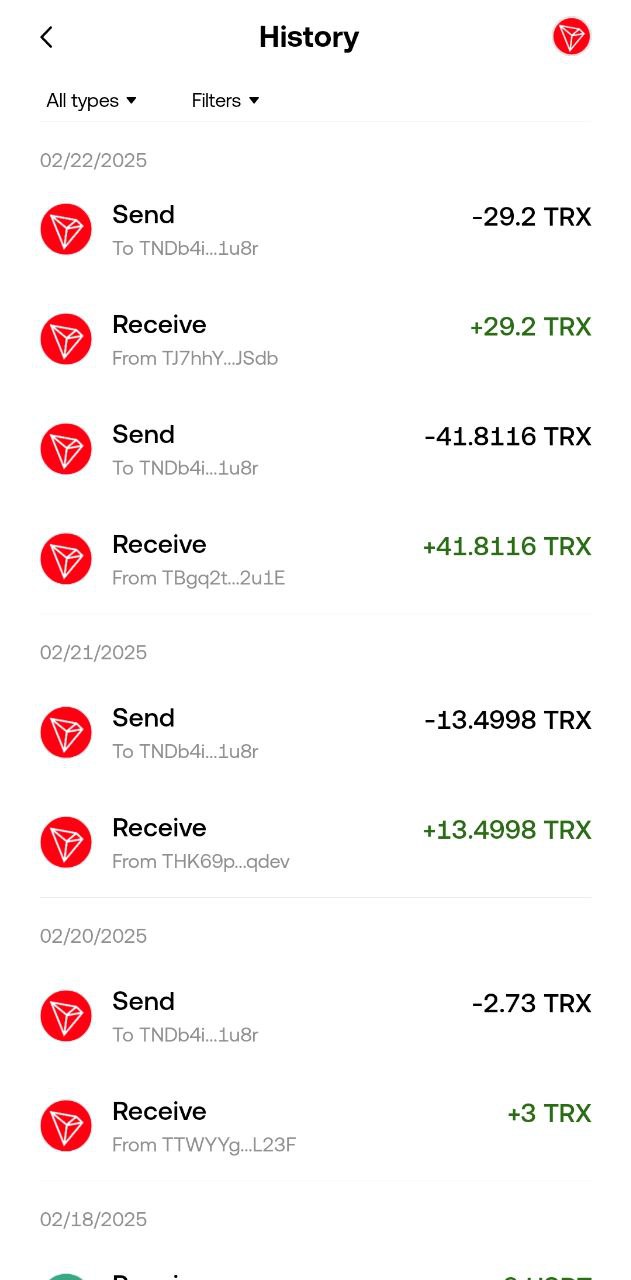
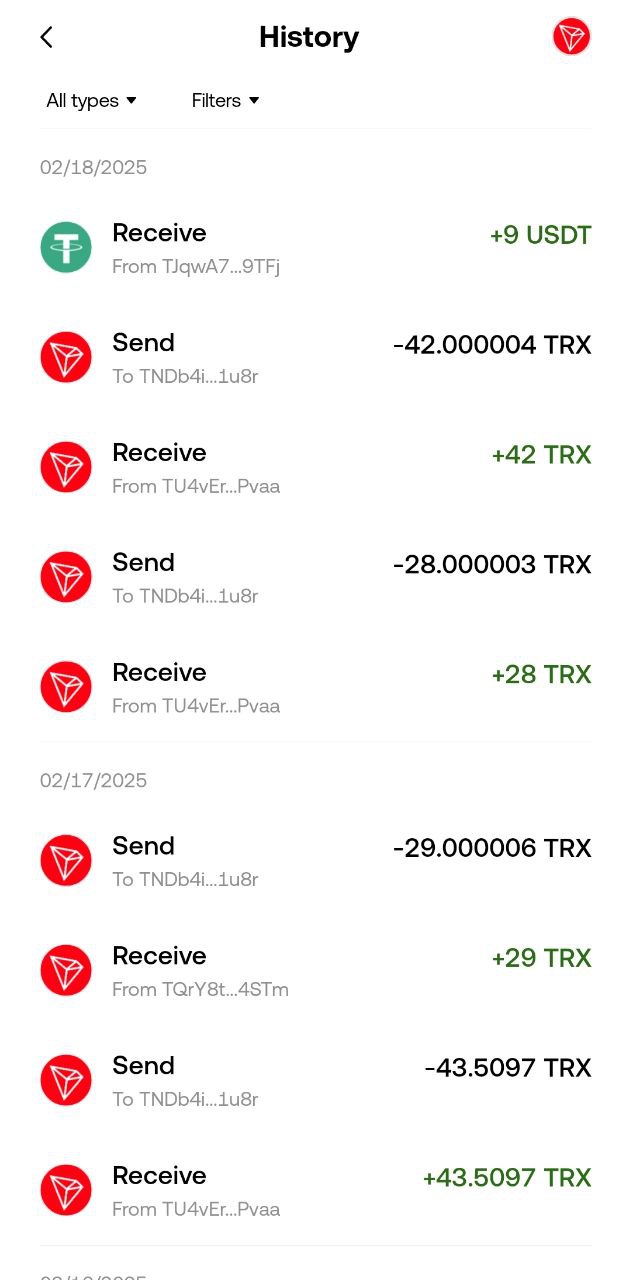
- The wallets were set up with a smart contract that automatically transferred any incoming TRX to another address.
- The wallets were actually multi-signature wallets, meaning they required another hidden account to approve transactions.
- Even though I had the passphrase, I couldn’t control the wallet—someone else was approving or denying all transactions.
How the Scam Works
- Scammers post “free passphrases” online, pretending to give away wallets with funds.
- When someone imports the passphrase, they see a balance of USDT but can’t withdraw it because they don’t have enough TRX for fees.
- Thinking they got lucky, victims deposit TRX into the wallet.
- As soon as TRX is deposited, the smart contract transfers it to the scammer’s wallet.
- The cycle continues with new victims, and the scammer keeps stealing TRX.
Lesson Learned: Never Trust “Free” Crypto
If you ever come across a crypto passphrase shared online, know that it’s a trap. Scammers are using smart contracts to trick people into depositing TRX, which they instantly steal.
Also, do not import anybody’s passphrase online for any reason whatsoever. If you forget to change the wallet and your salary or any important payment is made into that wallet/account, it will most likely be gone forever.
I hope this post has opened your eyes to this scam. Have you seen similar tricks before? Let me know in the comments!
And before you go, don’t forget to subscribe to the 9jaCashFlow YouTube Channel and Telegram Channel so you don’t miss my latest educational videos on trading, investing, and online business.
Until next time, keep learning!
Discover more from 9jacashflow.com
Subscribe to get the latest posts sent to your email.

